AIS
What happens when an athlete retires
When I was involved in the accident that put me in a wheelchair, I’d just signed to play rugby league with the Roosters.
I can’t recall anyone reaching out in a wellbeing capacity after that. Things have changed a lot in that area since then.
After the accident, I was left to myself to work out what the next steps were. When it came time for me to retire from wheelchair rugby the one positive was that I’d had a sporting career finish abruptly beforehand, so I knew that I had to do something to prepare not to be left in the same situation.
There are certain elements of playing sport that I miss. Mainly, being part of a team and everything that goes along with that. But I’ve just reframed and refocused. The things I wanted out of sport – challenging myself and competing – I put towards my career goals.
I got to the point in my athletic career where I needed a new challenge and decided the best way to do that would be to start looking outside of being an athlete.
Towards the end of my career, I really narrowed down on the things I wanted to do afterwards. I had been studying a double degree in psychology and sports and exercise science.
At first I thought it might be leading me towards a role in sports, but I found a different path, joining Anglo American, a mining company that mines metallurgical coal in Australia, and working in a health role for them in Brisbane.
It gives me something similar to sports – working as part of a team and implementing learnings from being an athlete and bringing that diversity and point of view from that different background to my new job.
Each site poses unique challenges. Not that that’s anything new for people in wheelchairs.
A big part of my role so far has been on the mental and physical health and wellbeing of employees and the implementation of a mental health strategy. I’m drawing down on my knowledge from playing sports and my degrees to help with that.
Working for a mining company wasn’t on my career radar earlier in life. After I had my accident, I was shown different career options and a lot of that was being told all the things I couldn’t do.
This employment is something new for both of us. The company is really good and willing to adapt, and I work with great people. They’ve very understanding and I suppose we’re both learning. They haven’t had someone in a wheelchair work for them before and I haven’t worked for a mining company before.
Sometimes I get asked what I need and I say I don’t know until I get out there on-site. Each site poses unique challenges. Not that that’s anything new for people in wheelchairs.
A large part of the role is being in the office and I thought I was really going to struggle sitting down in front of a computer, but it’s been good, and that’s reflective of the team I’m working with and the work I’ve been involved with.
I think life experience is invaluable and gives you a larger set of skills. You probably find things aren’t as stressful and you have coping strategies to adapt and deal with issues. Compared to some of the problems three kids throw at you, the challenges you face at work don’t seem so big.
Never underestimate the importance of surrounding yourself with a support network you trust. I met my wife Kimberley when I was first trying out my new sport. She was volunteering at an event in Brisbane. I went there to try wheelchair rugby and came home with a wife. She’s been my rock ever since.
“Don’t retire from something, retire to something”
Not everyone is the same and I’m sure plenty of athletes are resistant to thinking about what follows their sporting careers, but I was always proactive in finding out about opportunities.
There is no shortage of information or help these days and sporting organisations clearly highlight the need for you to prepare for life after sport.
There’s a greater focus now than ever before, especially in the mental health field, that everyone should be preparing themselves for retirement.
I didn’t retire until I was 39. That allowed me more time to reflect on what I wanted post-sporting career. I had in the back of my mind a quote I’d heard from another athlete who said “don’t retire from something, retire to something”.
I was always interested in study, and not just as a retirement plan or an end goal of what career I wanted when it became time to stop. I enjoyed learning in all kinds of areas and always looked at it this way: “I have a little spare time after training, I can start building my toolbox.”
Every time I was given a proposal to be part of a course I’d put my hand up for it. There are plenty of opportunities for athletes to be part of all kinds of athlete development courses, it’s whether or not the individual wants to take it.
At some point, whether you want to think about it now or not, your career is going to end. If you’re a lucky one you can dictate when that moment will be but there are a lot of people who have an injury and the end isn’t on their terms.

A balancing act
The double degree gave me a lot of enjoyment. I did the exercise science to help me with my sport – building my knowledge up about how to get myself in the best physical shape.
There were a lot of mental aspects you needed to be across and that’s why I jumped onto psychology. I always felt that would also lead to more career opportunities, which is how it worked out.
The Queensland Academy of Sport were a great support to me through their Athlete Wellbeing Program. They always helped with issues I was having with uni and travel.
They put in a lot of groundwork with different universities to allow athletes to compete and travel and keep on top of their degrees.
It wasn’t just the QAS. I also had involvement with the NSW Institute of Sport and Victorian Institute of Sport, in conjunction with Paralympics Australia.
The parting word from the disability advisor was “I know things have been quite tough for you here but hopefully you’ve made it easier for the next person coming through”.
I feel very fortunate to have been well supported during my career by the engagement and wellness teams at all levels to assist when needed in gaining my degree.
Still, at times it was hard and unique. Plenty balance an athletic career with university commitments, but I had to balance both of those with a disability and a young family.
There were lots of challenges with the adaptation of curriculum and accessibility at the Queensland University of Technology (QUT) that had to be overcome.
They probably hadn’t had many people in wheelchairs come through the exercise science stream before, so that was quite challenging for them to adapt their curriculum and ensure I had what I needed to complete my degree.
Sometimes it was a bit confusing knowing who to go to for what. The parting word from the disability advisor was “I know things have been quite tough for you here but hopefully you’ve made it easier for the next person coming through”.
Making the transition
I think there’s an unconscious negative bias towards hiring a person with a disability even though there are advocates working tirelessly to change employers’ perceptions. I found that initially when I tried to branch out.
It can be a tough struggle for athletes who have wrapped up a long-term career in sport if they’ve neglected the services on offer while still playing.
Personally, I’ve seen teammates who have struggled with that transition. Some have been fortunate enough to be have been working prior to retirement, which made the transition a little easier.
There can be other issues with the transition that aren’t fixed by employment, such as loss of identity.
That’s where the wellness aspect comes in – that you are well prepared for all facets of a transition.
They say you only need one person that will believe in you and I was lucky to find that in Anglo.
Don’t cry because it’s over, smile because it happened.
More about: AIS | Cameron Carr | Paralympics | Wheelchair rugby
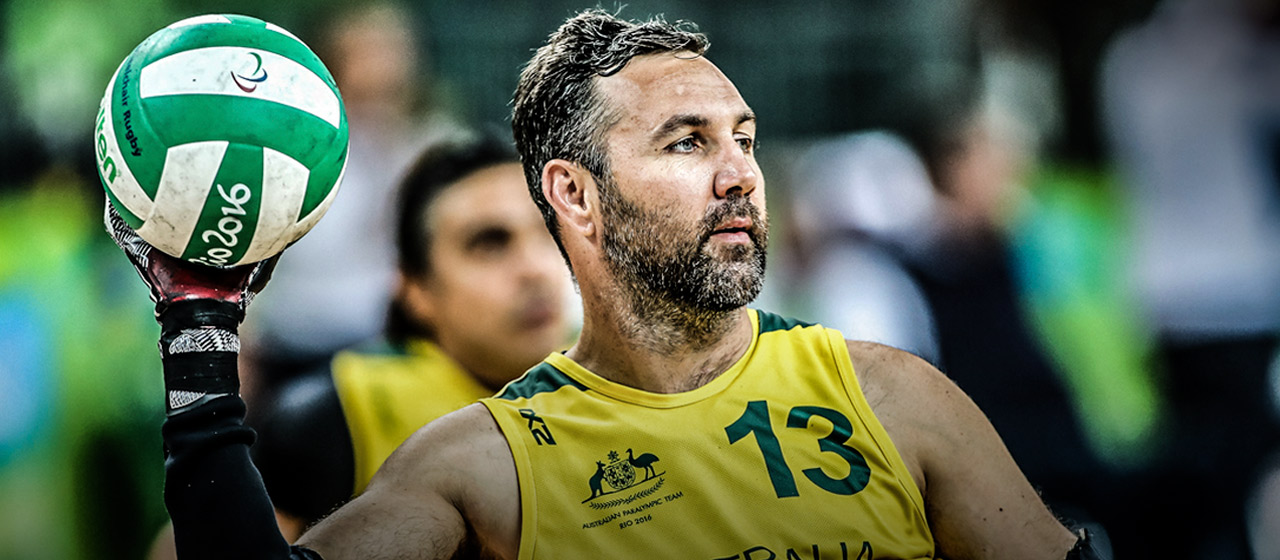
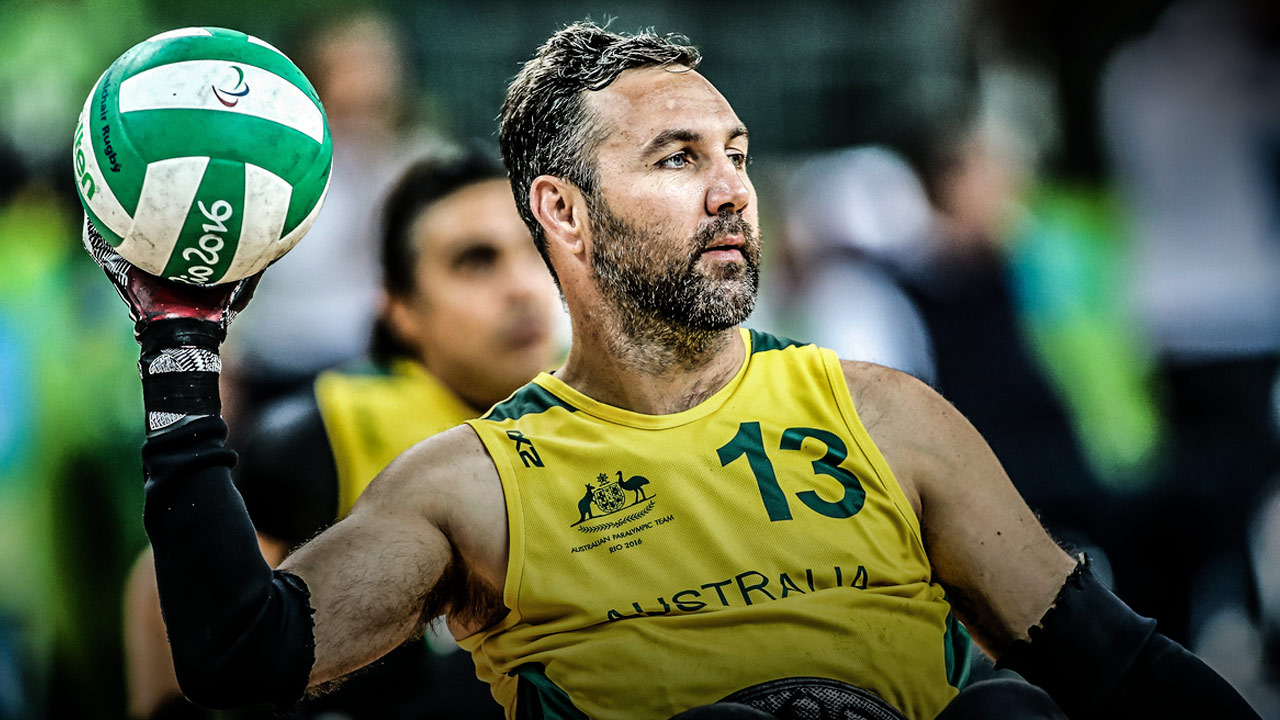
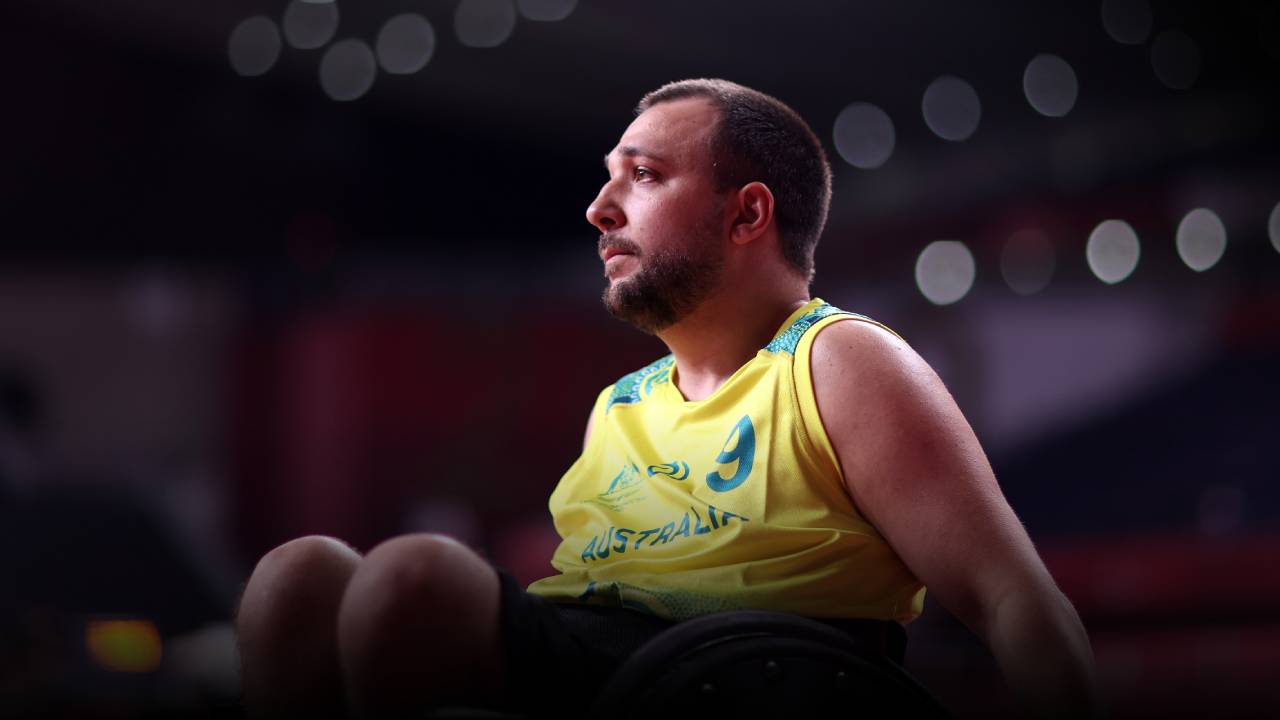
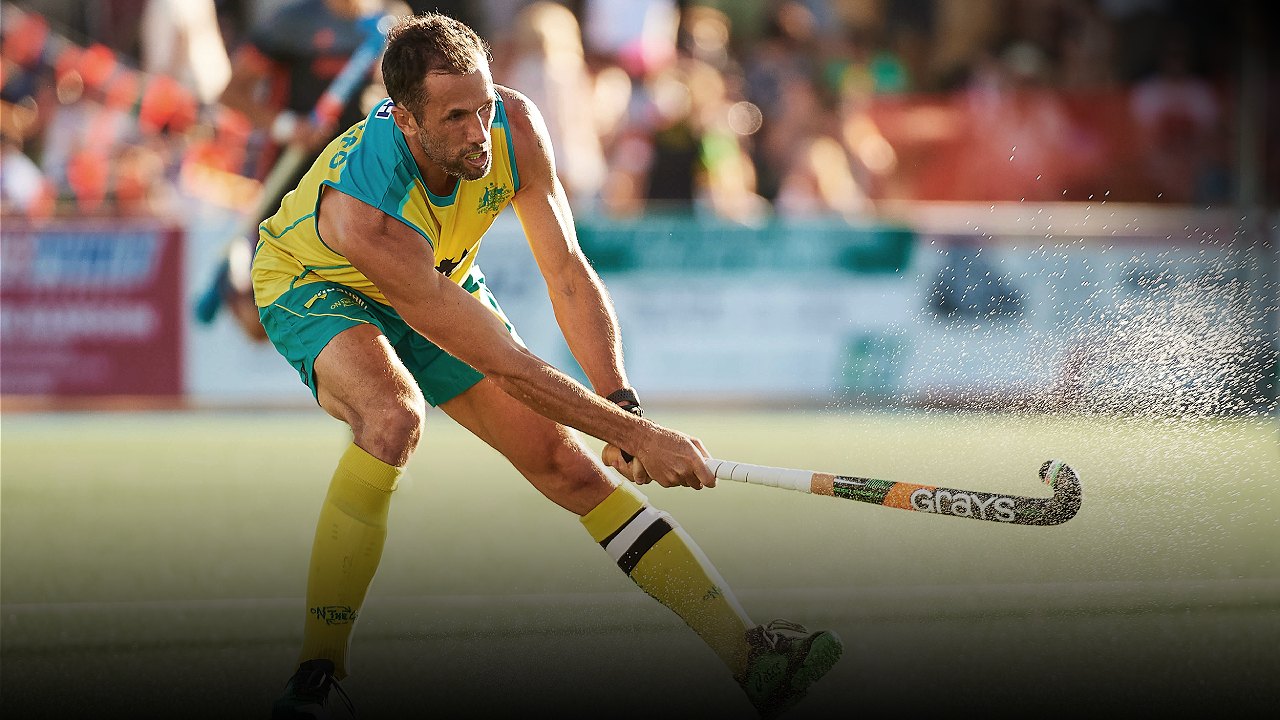
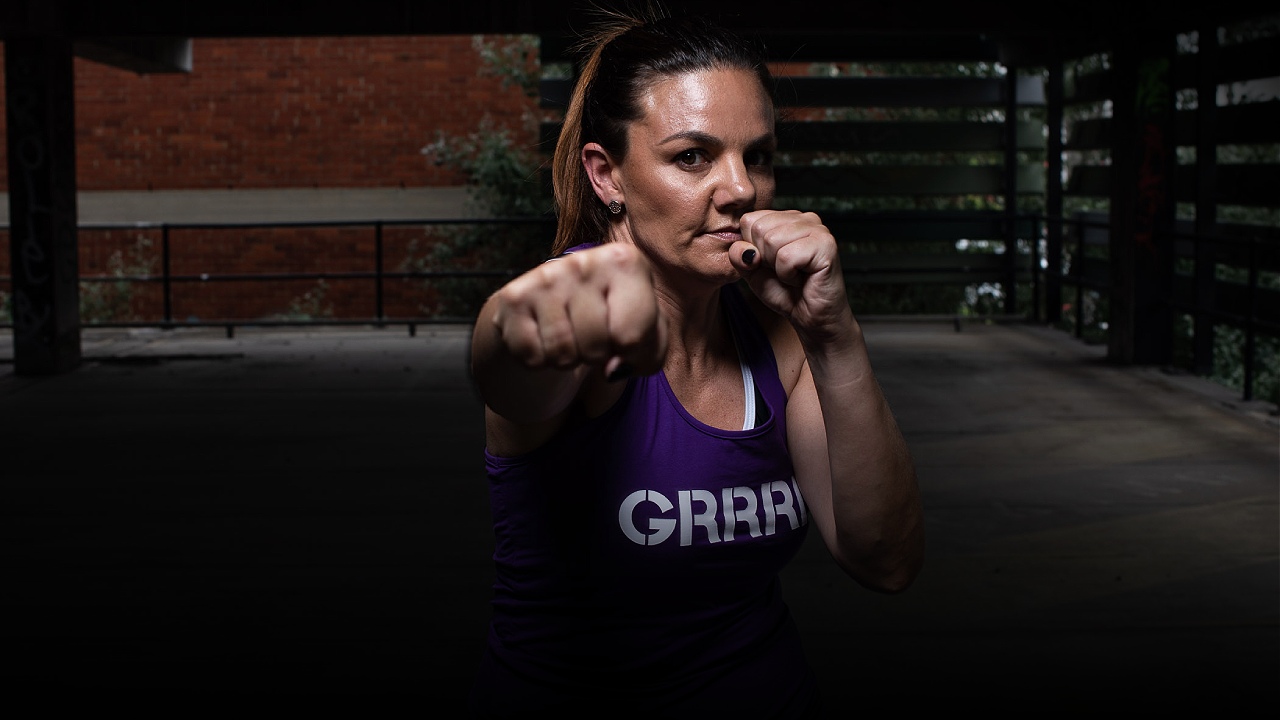
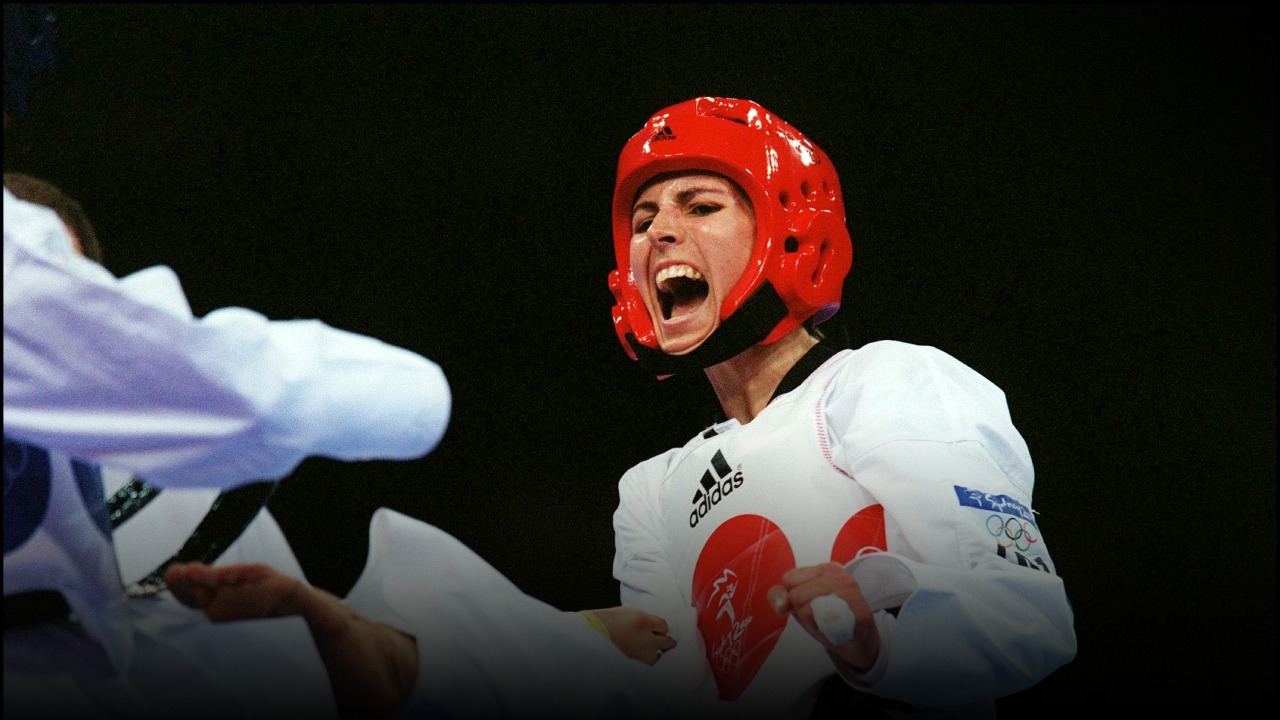
 Load More
Load More